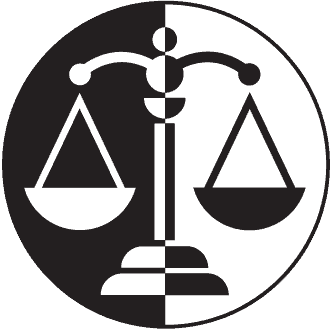The doctrine of necessaries that North Carolina has arose out of the legal duty of the husband to provide for the expenses of his wife. Today, it equally applies to both spouses. A spouse can be held held liable for the necessary expenses of health care their spouses receive. If a spouse is not able to pay for his or her medical bill, a healthcare provider may sue the other spouse to acquire the overdue payments.
A health-care provider must show four different elements to establish a claim under the doctrine of necessaries.
To prevail in a claim against a spouse under the doctrine of necessaries, the care provider must prove:
(1) medical services were provided to the treated spouse;
(2) medical services were necessary for health and well-being of the treated spouse;
(3) the person against whom action is brought was married to the treated spouse at the time the medical services were provided; and
(4) payment has not been made. If the above elements can be proven, the health care provider may be able to collect the payments due for the treatment of one spouse from the other spouse.
However, there is an exception… a big exception for separating spouses. If the spouse who is being sued by the medical provider was separated from the treated spouse at the time of the medical services, then the spouse who did not receive treatment cannot be held liable for the overdue medical bills of the other spouse if provider of medical services had actual notice of the separation during the time services were provided.
The big question is how to get actual notice to a provider. North Carolina law specifies that a spouse seeking the exception must prove that the provider knew of the separation. That could be a very difficult burden to meet.
_____________________________________
Scott Allen has practicing law since 1994 and has counseled hundreds of clients through settlement and tried hundreds of cases.

